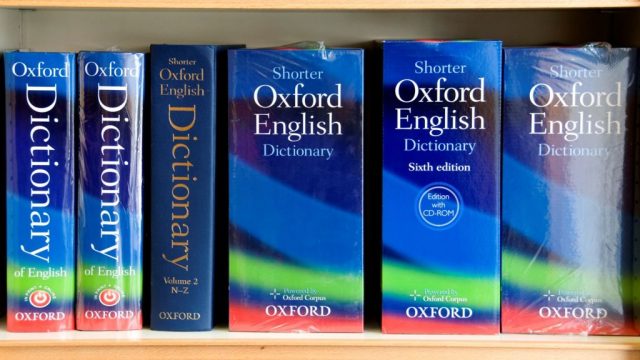
Nigeria is the most populous country in Africa, and in almost every other country, you won’t miss a couple of them or so. Among the key drivers of Nigeria’s influential nature is their deeply rooted culture that manifests in their Afropop music that has got international artists looking our way.
Their English too which has made its way into the Oxford English Dictionary a principal historical dictionary of the English language. “To chop” implying to unlawfully make money and “Okada” often referred to as Nduthi in Kenya are among 29 Nigerian English words to be included in the august dictionary.
“By taking ownership of English and using it as their own medium of expression, Nigerians have made and are continuing to make, a unique and distinctive contribution to English as a global language,” the dictionary said in notes accompanying its latest update this month.
Some unique Nigerian references that were included in the dictionary are:
- “Bukateria” – Kenyan version of Kibandaski
- “Next tomorrow” – Nigerian way of referring to the day after tomorrow.
- “Mama put” – a street vendor, typically a woman, selling cooked food.
- “Danfo” – A yellow minibus that carries passengers, often an informal transport system in Lagos
- “Ember months” – the last four months of the year
- “Chop-chop” – embezzlement of public funds through corruption
- “To eat money, in eat” – dishonestly get money
- “Barbing salon” – a barber’s shop
Other words include K-leg, Non-indigene, Okada, To put to bed, To rub minds, Sef, Severally, Tokunbo, Zone.
Commenting on the matter one Nigerian author noted that this is a way of empowering for lots of writers and for everyday people, because at the end of the day it ties back to identity and how they perceive and express themselves.
“If over 190 million people are saying one thing, it is something that should be popular,” mentioned a daily commuter who often uses an “okada”
